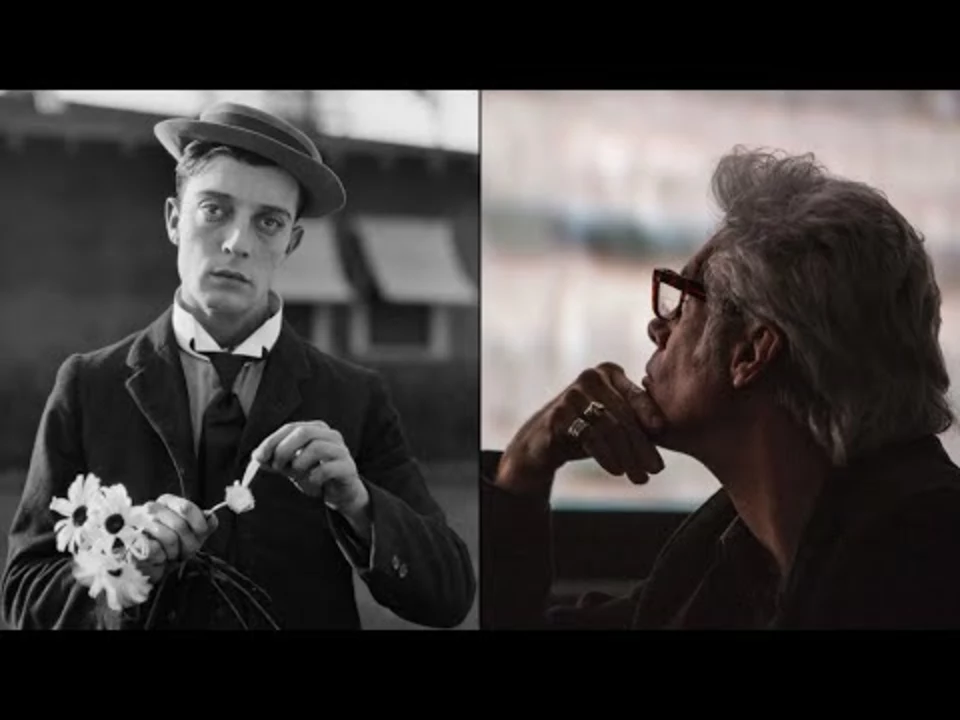A Brief Introduction to Buster Keaton and MGM Studios
Before discussing the reasons behind Buster Keaton's failure at MGM Studios, it is important to understand who Buster Keaton was and the significance of MGM Studios in the entertainment industry. Buster Keaton, born Joseph Frank Keaton in 1895, was an American actor, comedian, and director known for his silent films and deadpan humor.
MGM, or Metro-Goldwyn-Mayer, was a leading Hollywood studio during the golden age of cinema, responsible for producing numerous iconic films and turning actors into stars. This article will explore the reasons why Buster Keaton, a talented and innovative performer, ultimately failed at MGM Studios.
The Impact of Studio System Control on Keaton's Creativity
One of the primary reasons for Buster Keaton's failure at MGM Studios was the strict control imposed by the studio system on his creative freedom. Prior to joining MGM, Keaton had experienced great success as an independent filmmaker, where he had the freedom to develop, direct, and star in his own films. However, under the studio system, MGM executives had the final say on creative decisions, often forcing Keaton to relinquish control of his projects.
This control stifled Keaton's creativity and hindered his ability to create the innovative films he was known for, contributing to his failure at MGM.
Transition to Sound Films and Loss of Silent Film Artistry
Another significant factor contributing to Keaton's failure at MGM was the transition from silent films to sound films, also known as "talkies." Keaton had built his career on silent films, where his incredible physical comedy and deadpan expressions were the stars of the show. However, with the introduction of sound, dialogue became the focus, and Keaton's unique comedic style lost its impact.
Additionally, studios like MGM focused on producing sound films, marginalizing silent film stars like Keaton who struggled to adapt to the new medium. This shift in the industry left Keaton and his silent film artistry behind, further exacerbating his failure at MGM.
Personal Struggles and Decline in Health
Buster Keaton's personal life also played a role in his failure at MGM Studios. During his time at MGM, Keaton's marriage to Natalie Talmadge was falling apart, and the stress of the divorce took a toll on his mental health. Keaton turned to alcohol as a coping mechanism, which led to a decline in his health and negatively impacted his work.
As his health deteriorated, Keaton's performances suffered, and his once-brilliant comedic timing and physical prowess began to fade. This decline in his health and personal life further contributed to Keaton's failure at MGM.
Changing Audience Tastes and the Rise of New Comedy Stars
As the entertainment industry evolved, so too did audience tastes in comedy. Keaton's unique brand of humor, which relied heavily on physical comedy and his deadpan expression, began to lose favor with audiences. New comedy stars, such as Charlie Chaplin, Laurel and Hardy, and the Marx Brothers, emerged with their own distinctive styles that captured the attention of the public.
This shift in audience preferences meant that Keaton's style of comedy was no longer as popular as it once was, and his films struggled to find success. This changing landscape of comedy further contributed to Keaton's failure at MGM Studios.
Mismanagement and Poor Career Decisions
Another factor contributing to Keaton's failure at MGM was mismanagement and poor career decisions. Keaton's decision to sign with MGM was, in retrospect, a poor one, as it led to the loss of creative control and the decline of his career. Furthermore, Keaton's management team failed to secure the best roles and opportunities for him within the studio system, further hindering his success.
These missteps and poor decisions played a significant role in Keaton's failure at MGM and the decline of his career during this period.
Legacy and the Resurgence of Interest in Keaton's Work
Despite Buster Keaton's failure at MGM Studios, his impact on the world of comedy and film has been lasting and significant. Keaton's innovative approach to filmmaking and his unique comedic style influenced generations of comedians and filmmakers who followed in his footsteps. In recent years, there has been a resurgence of interest in Keaton's work, with his films being rediscovered and celebrated by new audiences.
While his time at MGM may have been a low point in his career, Buster Keaton's legacy as a pioneering comedian and filmmaker lives on, proving that his failure at MGM was not the end of his story.
 May, 10 2023
May, 10 2023
